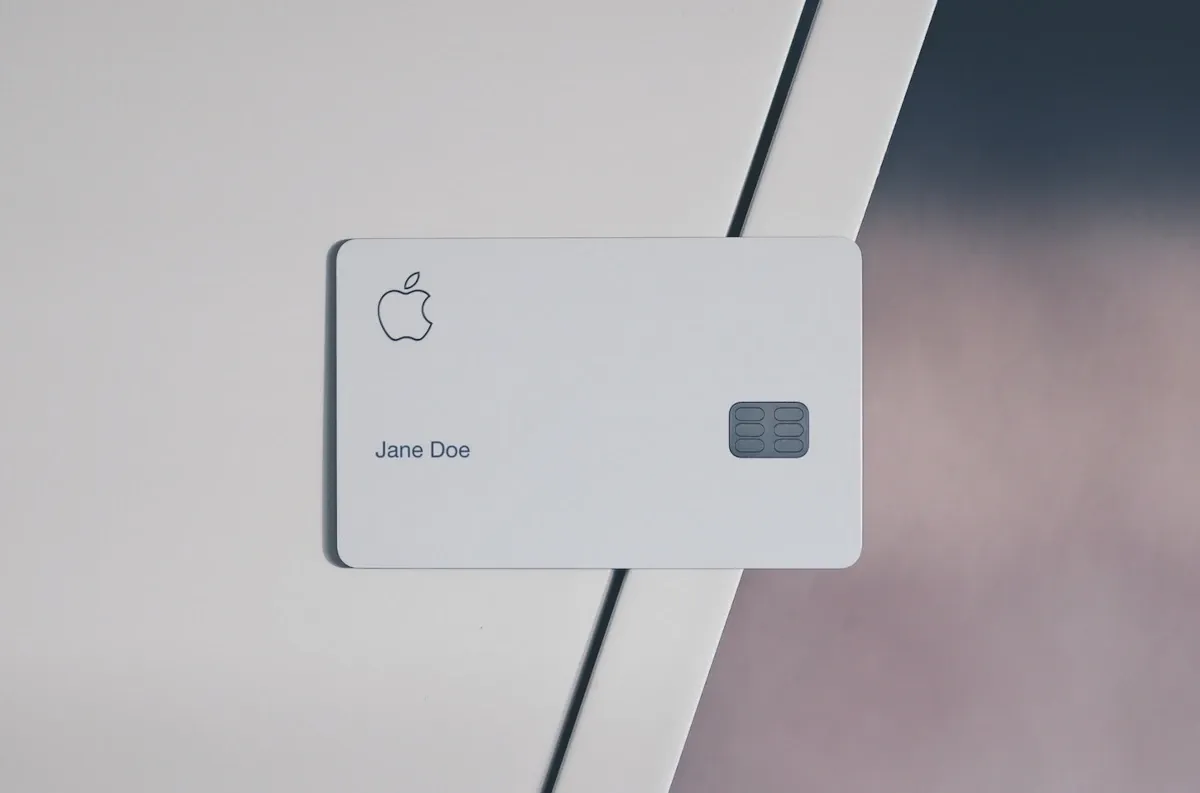Holiday season scams are numerous, with gift cards among the most popular.
The Federal Trade Commission (FTC) has issued a crucial alert about a new wave of scams that affect innocent people.
The Federal Trade Commission (FTC) has detected an increase in scams linked to gift cards, where cunning criminals persuade individuals to acquire gift cards, then asking them for their numbers with the intention of emptying them.
How to protect yourself: FTC tips
The FTC emphasizes that no legitimate entity, whether company or agency
government, will ask customers to buy gift cards as a way
of payment.
To safeguard your money, it is advisable to keep a copy of the gift card and the store receipt. These documents will be essential to report any scam and request the corresponding refund.
Common scam modalities
The tactics of scammers usually start with contacts by calls, messages
of text, emails or social networks. In many cases, they resort to
desperate tricks to persuade people to buy gift cards. You will identify the scam when they ask for the card number and the PIN codes.
Urgent actions: What to do in case of fraud?
If you think you're being scammed, the FTC advises informing
the company issuing the gift card immediately, no matter when it happened. Promptly reporting the incident increases the chances of getting your money back.
Tactics of deception: First contact
In the first contact, scammers usually generate panic when mentioning an urgent, implying serious consequences if it is not done.
Subsequently, they specify the purchase of gift cards from well-known platforms such as eBay, Google Play, Target or Apple, directing victims to specific stores such as Walmart, Target, CVS or Walgreens.
Protect your finances by following these FTC tips and stay alert for possible gift card scams. Remember, prevention is the best defense against those who seek to take advantage of the good faith of others.

